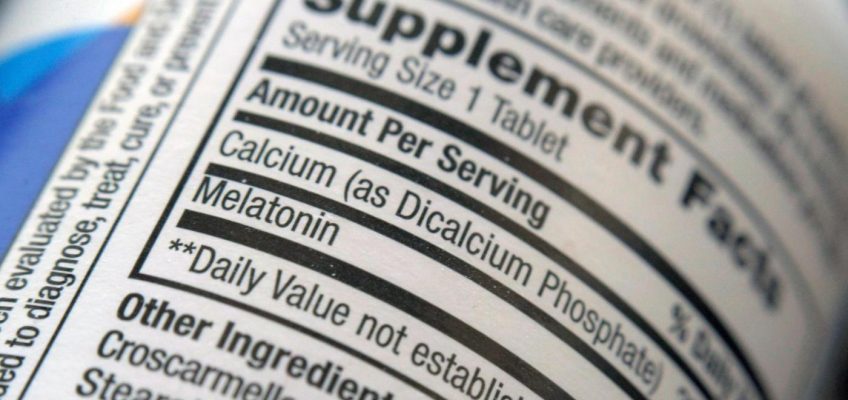By LAURAN NEERGAARD
WASHINGTON (AP) — Don’t lose sleep over headlines linking melatonin to heart failure.
Related Articles
The ‘hard, slow work’ of reducing overdose deaths is having an effect
From Narcan to gun silencers, opioid settlement cash pays law enforcement tabs
Sock hops and concerts: How some places spent opioid settlement cash
Families pay thousands for an unproven autism treatment. Researchers say we need ethical guidelines for marketing the tech
Disease of 1,000 faces shows how science is tackling immunity’s dark side
That’s the message after some scary-sounding reports about a preliminary study involving the sleep-related supplement. It raised questions about the safety of long term use of melatonin for insomnia.
Doctors have long known that too little or interrupted sleep raises the risk of heart disease. But heart experts say this kind of so-called observational study can’t prove that melatonin use plays any role — instead of the insomnia patients were trying to treat.
“We should not raise the alarm and tell patients to stop taking all their melatonin,” said Dr. Pratik Sandesara, an interventional cardiologist at Emory Healthcare who wasn’t involved with the research.
Our bodies naturally produce melatonin, a hormone that regulates our sleep cycles. Levels normally increase as it gets darker in the evening, triggering drowsiness.
People may take lab-produced melatonin to help them fall asleep or to adjust for jet lag or time changes.
The new study used international electronic health records, tracking adults diagnosed with insomnia who had a melatonin prescription that suggested they used the supplement for at least a year.
Over five years, 4.6% of the chronic melatonin users developed heart failure compared to 2.7% of insomnia patients whose charts showed no melatonin use, the researchers found. The study is being presented at an American Heart Association meeting but hasn’t undergone peer review.
But only certain countries require a melatonin prescription. It’s over-the-counter in the U.S., meaning Americans in the study might have used the supplements without it being recorded, said Northwestern University cardiology chief Dr. Clyde Yancey, who wasn’t involved in the study. The study also did not show dosages.
Also, U.S. supplements don’t require government approval, meaning brands can vary in their ingredients. The researchers, from SUNY Downstate Health Sciences University, characterized the findings as a call for more research.
Meanwhile, patients wondering about melatonin should talk it over with their doctors, said Emory’s Sandesara. Generally doctors recommend it for short-term use, like for jet lag.
Yancey noted that while the study doesn’t prove there’s a danger from long term melatonin use, there’s also no evidence that people should use melatonin indefinitely.
And one key to better shut-eye is to practice better sleep hygiene, like making sure your room is dark.
“When we expose ourselves to blue light in particular at night, we are diminishing our melatonin levels. That’s science,” he said. Sleep problems aren’t about “just being sleepy and tired — they’re putting yourself at risk.”
The Associated Press Health and Science Department receives support from the Howard Hughes Medical Institute’s Department of Science Education and the Robert Wood Johnson Foundation. The AP is solely responsible for all content.


Leave a Reply